I have a problem with reading pdf file in Chrome by using PHP.
The following code is how I do in PHP
$path = "actually file path";
header("Pragma: public");
header("Expires: 0");
header("Content-type: $content_type");
header('Cache-Control: private', FALSE);
header('Cache-Control: must-revalidate, post-check=0, pre-check=0');
header("Content-Disposition: inline; filename=\"$filename\"");
header('Content-Transfer-Encoding: binary');
header('Content-Length' . filesize($path));
ob_clean();
flush();
readfile($path);
In here, I set the Content-Disposition to inline. Because I want to display the pdf file if user browser have build-in pdf viewer plugin. As you may know, Chrome has build-in pdf viewer.
The problem is I have bunch of pdf files on the server. Only some of them can be viewed by Chrome. I can't figure out why others can not work the same way. I have checked the permission of each files. It looks like not the permission problem.
Is there anyone know what the problem is? Thank you.
